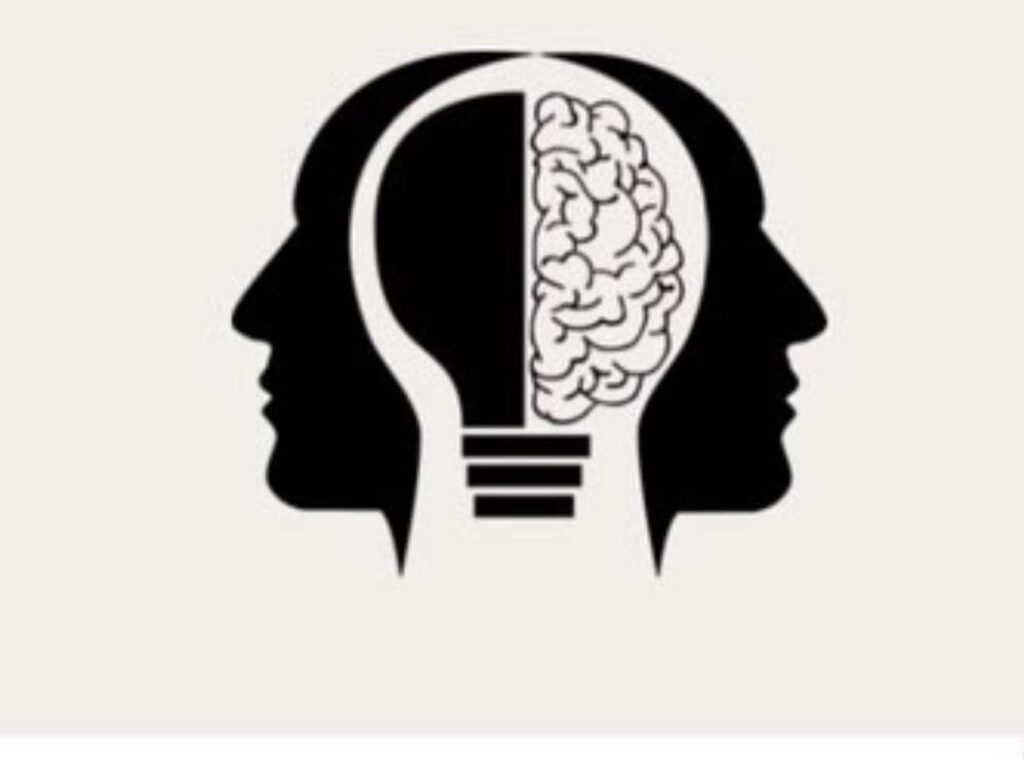Recognizing and dealing with toxic relationships

Relationships are a fundamental source of support and well-being in our lives. However, when a relationship becomes “toxic,” it can have devastating consequences for our mental and emotional health. Recognizing toxic relationships and developing strategies to move away from them is vital to protecting our well-being.
What is a Toxic Relationship?
A toxic relationship is a relationship in which the behavior of one or more people consistently causes mental or emotional harm to the other. In these relationships, there is mutual oppression, manipulation, disrespect, abuse, or constant emotional tension. The result is usually that the person experiencing the relationship with toxic behaviors feels exhausted, unsatisfied, and insecure. Toxic relationships can manifest in any area of life: romantic relationships, family relationships, friendships, or even in the professional world. Toxicity is often not always immediately apparent, and can remain hidden behind words or behaviors that initially seem harmless.
How to Recognize a Toxic Relationship
Toxic relationships have some common characteristics. Here are some of the most common signs:
- Emotional abuse: The incessant humiliation, insults, or weakening of the other person's self-esteem.
- Disrespect: Indifference to the other person's feelings, needs, or boundaries.
- Continuous manipulation: A person tries to control another person's thoughts, feelings, or decisions with psychological games or threats.
- Derogatory behavior: Constant worthlessness, feeling like one is unworthy or that one cannot do anything right.
- Lack of support: The feeling that the person is not supportive of your efforts or shows no interest in your needs.
- Patterns of jealousy or control: Extreme jealousy, control over your personal life, or isolation from other people.
The Health Effects of Toxic Relationships
Toxic relationships not only affect our mental health, but can also have serious consequences for our physical well-being. Some of the effects include:
- Anxiety and depression: Toxic relationships cause constant stress and emotional pressure, leading to depression and anxiety.
- Feeling exhausted: Constant emotional tension and manipulation can cause emotional exhaustion and lack of energy.
- Low self-esteem: Toxic relationships usually weaken a person's self-esteem and self-confidence.
- "Addiction" to dysfunctional relationships: The person may end up constantly seeking relationships that reproduce toxic patterns.
How to Deal with a Toxic Relationship
If you recognize that you are in a toxic relationship, it is important to take steps to protect yourself and regain your mental health. Here are some strategies you can follow:
- Delimitation: Clear boundaries should be set. Communicate them. Start saying “no” and standing up for yourself respectfully.
- Request support: Don't be afraid to ask for help from friends, family, or a mental health professional. Support from others can be invaluable in acknowledging the reality of the situation and moving forward with the move.
- Self-esteem training: Develop your self-esteem through positive practices such as self-care, recognizing your strengths, and restructuring negative thoughts.
- Removal: In many cases, the best solution is to leave the relationship. If the relationship is dangerous or harmful, leaving is the only way to protect yourself.
- Seek treatment: Psychotherapy, and especially Cognitive Behavioral Therapy (CBT), can help identify toxic thought patterns and create healthy strategies for coping with and moving away from toxic relationships.
Conclusions
Toxic relationships are a reality that affects many people, but recognizing and addressing them is vital to our mental health. Don't be afraid to invest in your personal well-being and make changes in your life. Healthy self-esteem and positive, supportive relationships are the key to a happy and powerful life.
